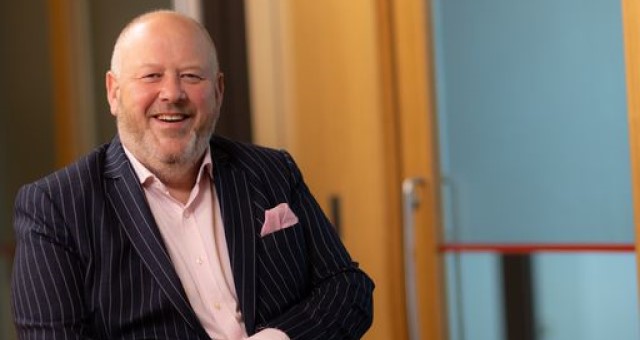Sustainability is redefining Accor’s business model and shaping a new way of travel, according to Accor Pacific CEO Sarah Derry.
In a bid to better serve its eco-conscious travellers and support its environmental commitments, the business has hired David Young as Chief Sustainability Officer and Director of ESG.
A former Global Program Director Sustainability at One World Alliance and previously Executive Manager of Sustainability and ESG at the Qantas Group, Young brings extensive travel industry experience including in Australia, New Zealand, Asia and the UK.
Over the last 20 years, Young has held senior operating roles with Qantas and he also spent seven years in London as a Board Member and Executive Director of global travel catering and supply company, Journey Group Plc. A former President of the Aviation Sustainability Forum, Young is now also a Director of YHA Australia and a Trustee of the Golden Stave Foundation.
He will lead the implementation of Accor’s ESG and sustainability agenda across its 400 hotels, apartments and resorts in the region.
“David is a subject matter expert with strong leadership skills, his vision for sustainability will make an outsize impact,” Derry said.
Accor is pursuing an integrated business approach to managing ESG and its interactions with guests, team members, suppliers, partners, clients and communities, Derry explained.
The business recently entered into a strategic partnership with Ecotourism Australia to certify all of its properties across Australia and the Pacific as Sustainable Tourism certified businesses, a standard which is recognised by the Global Sustainable Tourism Council (GSTC).
Speaking exclusively to HM at the Accor Pacific Franchise Conference, Young said an industry-wide approach is needed to make a significant impact on sustainability.
“No one [organisation] has the solution and the cost of reengineering businesses is too much of a burden for one individual organisation – it’s has to be industry wide, we will need to work together,” he said.
“I see it becoming almost a health and safety issue – it’s not a marketing issue or a point of difference. There will be a point where we will all need to have a basic level of compliance.”
He believes that in the near future it will be important for hotels to offer guests tangible ways that they can offset the carbon impact of their stay.
“Maybe it is building reefs or clearing mangoes to generate carbon credits, or working with a local tribe in the community to do coal fire burning,” he said.
“These can be incentivised through the loyalty program because while people want to make a positive impact, they sometimes need an incentive to get it done.”
Young pointed to recycling as one of the biggest challenges facing the hospitality industry in Australia.
“We desperately need governments to spend more money creating non-organic recycling capabilities. It just doesn’t exist,” he said.
“Most of the big centres have the same issue. They are unable to deal with more than 10% non-organic waste.”
Speaking of his appointment, Young said he is buoyed by the enthusiasm at Accor to make a difference.
“We’re at our best when we are supported by a positive culture and a strong team, and the support for sustainability at Accor is extraordinary,” he said.
“There is so much opportunity to make a difference in our industry.”

